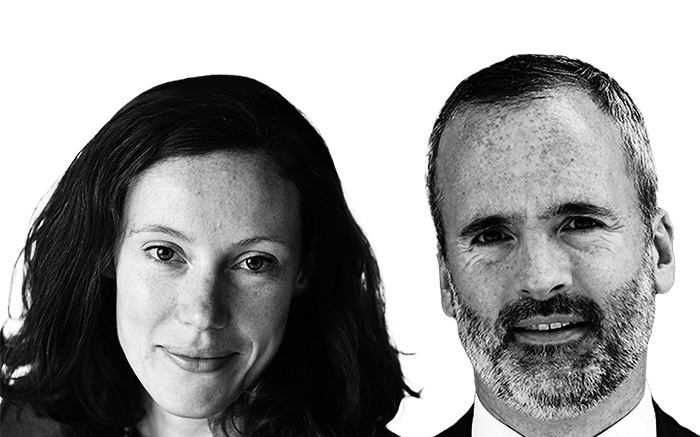Comment: Mapping risk and opportunities for 2023

Jean Devlin and John Seddon, respectively partner and principal at Control Risks, examine the macro uncertainties that will weigh on private market sentiment throughout 2023, as well as the micro considerations to adapt and evolve investment approaches.
The soaring levels of private-markets activity seen in 2021 hit turbulence last year. In 2023, we are facing a moment where not just inflation but geopolitical tensions, energy transition and technological change mean that macro factors will have a bigger impact on investors’ decisions.
It’s the politics, stupid
Inflation was the pre-eminent macro concern for investors at the outset of 2022. While economic forecasts were beginning to spell a gloomier outlook for dealmaking, the dissolving of a fundamental assumption underpinning global capital markets – that economic interest would temper more radical geopolitical ambitions – unsettled many observers.
Russia’s invasion of Ukraine illustrated just how quickly economic logic can fall away in favour of the political. It also brought war onto the agenda of investment committees and management boards in ways that few in the industry have experienced before. Having underestimated this in Europe, geopolitical hotspots elsewhere are receiving greater attention from investors.
Even within more ‘stable’ markets, divisive politics threaten other assumptions and present growing challenges to investment hypotheses. The stability of political institutions, government competence and societal expectations in a time of cost-of-living hikes, national security concerns and energy shortages will all be key determinants of the tone, nature and targets of policy action.
The new era of geopolitical competition and increased partisanship that investors find themselves in requires practical responses. Just as inflation management strategies and recession playbooks will prove useful for steering through choppy macroeconomic waters, it will be worth dealmakers getting to grips with devising plausible geopolitical scenarios and monitoring relevant indicators.
While bigger players and those active in more strategically exposed sectors – such as technology, healthcare and energy – are more familiar with such processes, political due diligence that assesses material dependencies, supply chain vulnerabilities or other exposures is increasingly relevant to all investors. Similarly, more local-level ‘social risk’ – so familiar to infrastructure investors in particular – now has broader relevance for risk-mitigation and value-creation opportunities alike.
Post-global growth
The other major trend we see arising from our Top Risks analysis is a finer calibration for investors of where to expect growth. As geopolitics and fiscal pressures concentrate governments’ focus on enhancing resilience at home, cross-border expansion and shopping around for cost efficiencies will become increasingly problematic. In this ‘post-global’ world, transport and logistics are becoming more expensive, trade more protectionist, and energy weaponised. Opportunities in these areas may come into sharpest focus in those industries and geographies where there has been the most disruption and uncertainty.
Meanwhile, consumer tastes and preferences are becoming more selective and tailored, as are those of institutional investors. Despite simplistic slogans, these are more akin to a Venn diagram than a neat spectrum of those who embrace ESG (however broadly defined) and those who focus solely on financial returns. Global networks that have enabled rapid digital transformation are increasingly coming under pressure from states exerting greater control over data and technology, driven in part by the serious strains placed on organisations by cyberattacks. Understanding the limitations and requirements of the national cyberspace within which your companies expect to be operating will grow more urgent. A more fragmented world will require more nuanced strategies.
These macro challenges faced by private-markets investors will inevitably generate questions about what the purpose of private investment is, who it is for and how it can succeed. These questions have tentatively emerged in the US and Europe this year. Yet within this flux, grounds for optimism remains for private markets in 2023. Historically, investing in a downturn is a great opportunity for value generation, and tactical shifts by investors – smaller tickets, creative financing, or laser focus on resilient segments – are all on the table. Beyond that, the reshaping of long-established economic models, accelerated transition away from fossil fuels and greater need for automation in economies and industries facing labour shortages create enormous investment opportunities to those with the cash to afford them.
For more in-depth analysis of key risks and issues, head over to www.controlrisks.com/riskmap to explore Control Risks’ RiskMap 2023 content.
Categories: Insights Expert Commentaries Geographies UK & Ireland France & Benelux Southern Europe Central & Eastern Europe Nordics DACH ROW
This content is free for all our visitors.
Would you like to check out the rest of our fantastic offering? Get in touch with us to discuss our trial and subscription options.
Contact us